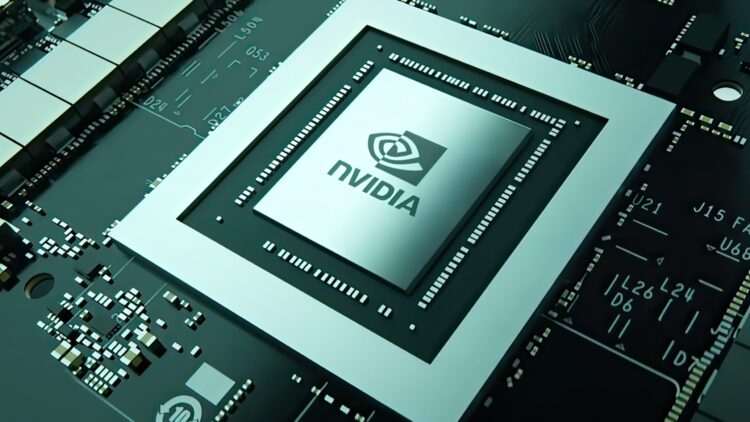Publisher: Maaal International Media Company
License: 465734
FT: Renting Nvidia AI chips is cheaper in China than in the US
اقرأ المزيد
The cost of renting cloud computing services using Nvidia’s leading AI chips is cheaper in China than in the US, a sign that advanced processors are making their way into the Chinese market despite Washington’s export restrictions.
According to CNN, companies and customers told the Financial Times that four small Chinese cloud providers are charging local tech groups about $6 an hour to use a server with eight Nvidia A100 processors in a basic configuration.
Small cloud companies in the US are charging about $10 an hour for the same configuration.
The low prices, according to people in the AI and cloud computing industry, are a sign of the abundant supply of Nvidia chips in China and a circumvention of US measures designed to block access to cutting-edge technology.
The A100 and H100, which are also readily available, are among Nvidia’s most powerful AI accelerators and are used to train the large language models that power AI applications.
The Silicon Valley company has been banned from shipping the A100 to China since the fall of 2022 and has never been allowed to sell the H100 in the country.
Chip vendors and tech startups said the products were relatively easy to obtain, and stocks of the A100 and H100 are being advertised publicly for sale on Chinese social media and e-commerce sites like Xiaohongshu and Alibaba’s Taobao, as well as electronics marketplaces, at slightly higher prices abroad.
Major Chinese cloud operators like Alibaba and ByteDance, known for their reliability and security, charge between two and four times what smaller domestic vendors charge for similar Nvidia A100 servers, according to the companies’ and customers’ prices.
After discounts, both Chinese tech giants offer packages priced similarly to Amazon Web Services, which charges $15 to $32 per hour.
“The big players have to think about compliance, so they’re at a disadvantage, they don’t want to use smuggled chips,” said one Chinese startup founder. “Smaller vendors are less concerned.” He estimated there were more than 100,000 Nvidia H100 processors in the country based on their widespread availability in the market. Each Nvidia chip is roughly the size of a book, making it relatively easy for smugglers to move them across borders, undermining Washington’s efforts to limit China’s AI advances. “We bought the H100 cards from a company that smuggled them from Japan, and they engraved the serial numbers,” said one automation startup founder, who paid about 500,000 renminbi ($70,000) for two cards this year.
Nvidia said it sold its processors “primarily to known partners who work with us to ensure all sales comply with US export control rules.” “Our used products are available through a variety of resale channels, and while we cannot track products after they are sold, we will take appropriate action if we determine that any customer is violating US export controls,” the company added.
The head of a small Chinese cloud computing provider said lower domestic costs helped offset the high prices paid by suppliers for smuggled Nvidia processors.
“Engineers are cheap, power is cheap, and competition is fierce,” he said.
At Shenzhen’s Huaqiangbei electronics market, vendors who spoke to the Financial Times said Nvidia’s plug-in H100 cards were priced at between $23,000 and $30,000.
Online vendors are charging between $31,000 and $33,000.
Nvidia is charging customers between $20,000 and $23,000 for its H100 chips after recent price cuts, according to Dylan Patel of SemiAnalysis.
A data center supplier in China said servers made by Silicon Valley’s Supermicro with eight H100 chips peaked at 3.2 million yuan after the Biden administration tightened export restrictions in October.
Prices have since fallen to 2.5 million yuan as supply constraints ease, he said.
Several people involved in the trade said traders in Malaysia, Japan and Indonesia often ship Supermicro servers or Nvidia processors to Hong Kong before moving them across the border to Shenzhen.
The black market trade relies on hard-to-beat workarounds to Washington’s export rules, experts said.
For example, while Chinese companies’ subsidiaries are banned from buying advanced artificial intelligence chips outside the country, their executives may set up new companies in countries such as Japan or Malaysia to make the purchases.
“Export controls are difficult to fully enforce outside the United States, which is why regulations impose obligations on shippers to verify end users, and the Commerce Department adds companies deemed to be violating the rules to its list of prohibited entities,” said a U.S. sanctions expert.








